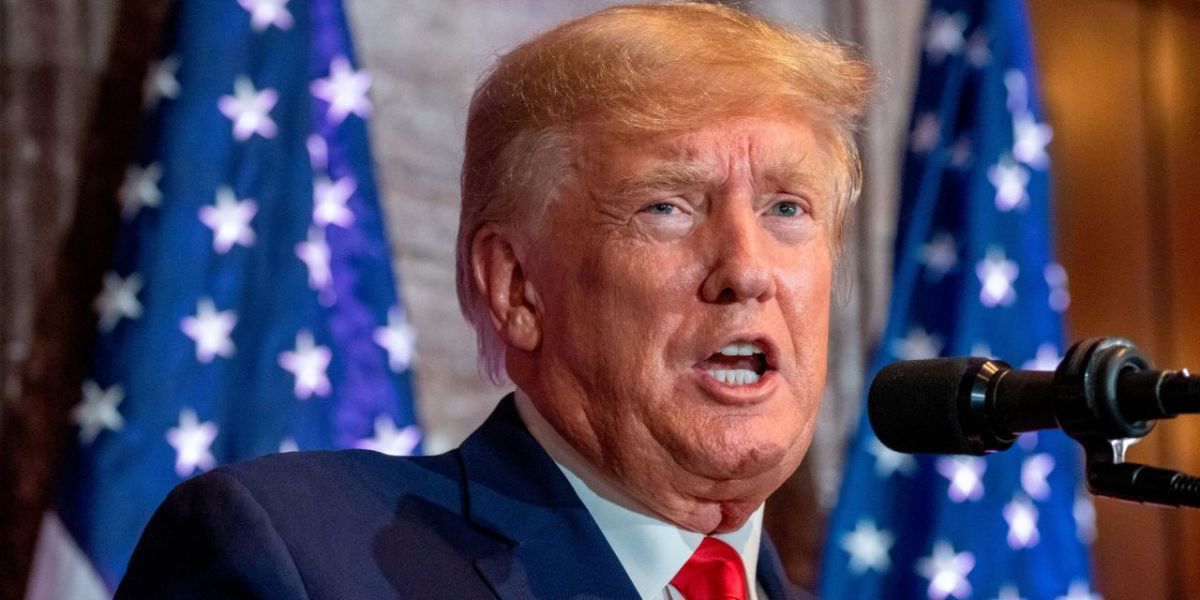 CaryptosHeadlines Media Has Launched Its Native Token CHT.
Airdrop Is Live For Everyone, Claim Instant 5000 CHT Tokens Worth Of $50 USDT.
Join the Airdrop at the official website,
CryptosHeadlinesToken.com
CaryptosHeadlines Media Has Launched Its Native Token CHT.
Airdrop Is Live For Everyone, Claim Instant 5000 CHT Tokens Worth Of $50 USDT.
Join the Airdrop at the official website,
CryptosHeadlinesToken.com

As the inauguration of Donald Trump as the next U.S. president approaches, hopes for a significant shift in cryptocurrency regulations are growing. However, Greg Cipolaro, global head of research at the New York Digital Investment Group (NYDIG), has urged caution, suggesting immediate changes to crypto policy may not be realistic.
In a research note dated Jan. 10, Cipolaro explained that while Trump’s campaign promises included regulatory overhauls, executing these changes will likely take time. “Key officials still need to be named, those already selected require Senate confirmation, and these individuals must then assemble their teams,” Cipolaro pointed out.
Moreover, pressing national issues such as geopolitical conflicts, immigration, budget negotiations, and trade policies might take precedence over crypto reforms, Cipolaro added. He also noted that the conservative legislature’s focus on free-market principles could slow the passage of pivotal legislation like stablecoin regulations or defining the roles of securities and commodities regulators in crypto oversight.
Positive Signals Amid Delayed Reforms Under Trump
Despite potential delays, there are glimmers of hope for the crypto sector. Cipolaro expressed optimism about current picks by Trump for key positions, including the Treasury, Securities and Exchange Commission (SEC), and a potential White House digital assets advisor. However, critical roles at the CFTC, Office of the Comptroller of the Currency (OCC), and Federal Deposit Insurance Corporation (FDIC) remain unfilled.
“For the agencies that matter most regarding crypto and Bitcoin, Trump’s choices so far look favorable,” Cipolaro said. These appointments could lay the groundwork for positive regulatory developments, even if the process is gradual.
The Bitcoin Reserve Debate
One of the more intriguing possibilities under the new administration is the creation of a U.S. strategic Bitcoin reserve. Cipolaro suggested this could materialize quickly through an executive order, with a draft reportedly circulating on social media, authored by Bitcoin advocacy groups. However, he acknowledged that such an order under Trump would lack permanence, as it could be revoked by future administrations.
Cipolaro speculated that the $18.3 billion worth of Bitcoin confiscated by the U.S. government could serve as the foundation for such a reserve. While this move might eliminate the risk of the government dumping Bitcoin into the market, he cautioned that it would not generate incremental demand.












